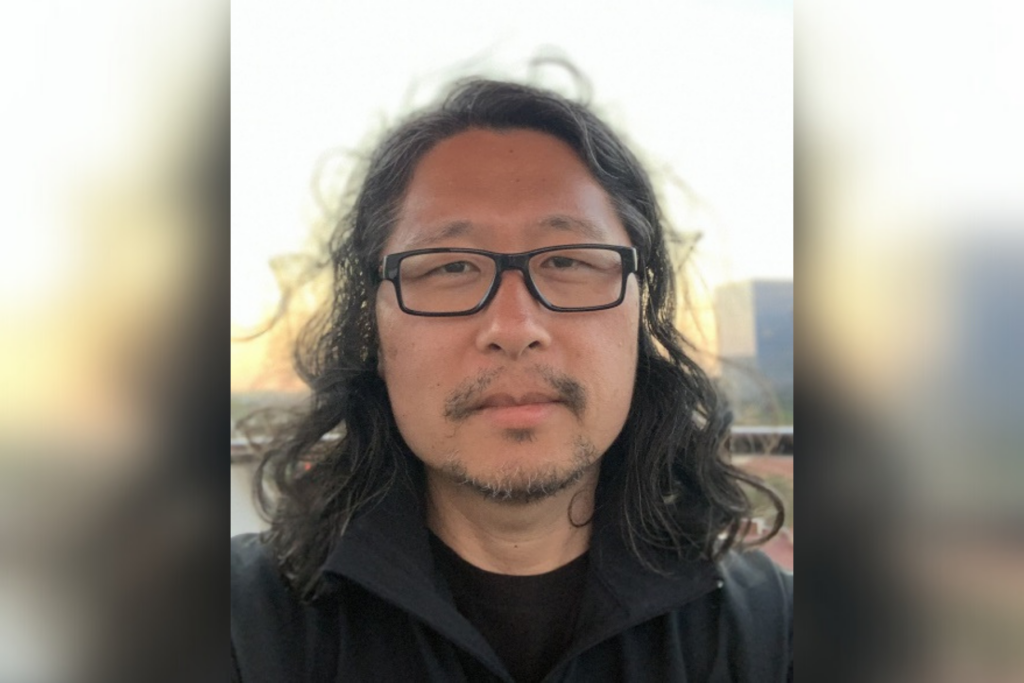As a chief architect at Microsoft, John S. Moh is tasked with helping teams engage more authentically by improving collaboration and communication in the workplace.
“My role … is really to be a technical conscious if you will, understanding how we can make strategic decisions as well as tactics to get things done. On top of that, understanding the customer really well,” Moh said. “We have a saying, ‘Fall in love with the customer’s problems before falling in love with your solutions.’ And all that really comes down to is your ability to listen to the customer’s needs and to find solutions — in that specific order.”
While Moh is primarily focused on the technological side of business cloud solutions and services, he has always been curious about organizational communication and digital media literacy, specifically when it comes to leadership.
This passion is what ultimately led him to enroll in the online Master of Science in Digital Media Management (MSDMM) program. Offered by the USC Annenberg School of Communication and Journalism, the MSDMM prepares students to better understand our ever-changing media landscape and build a more equitable future with diverse teams.
With his full-time role at Microsoft, Moh knew he needed to pursue an online program that would afford him the flexibility to balance work life and his education. He also wanted a program that intentionally concentrated on how to implement diversity, inclusion, equity and access (DIEA) initiatives in the workplace.
The MSDMM program, to Moh’s satisfaction, had both.
“If you look at what’s going on in the world today … [DIEA] must be part of anything that we learn. So, for me, it was an easy decision [that] this is the program I want to be associated with, this where I want to go learn about digital media and being a leader,” Moh explained.
Growing up in the South, Moh said he prioritized skateboarding and landing brand sponsorships over studying hard to gain admission to a top-tier college, breaking the stereotypical mold of what “an Asian American should be.” Moh admitted he felt heavily marginalized at the time, but the experience helped shape his role at Microsoft, where he focuses on leading inclusive teams and encouraging members to bring their best, most authentic selves to the office.
“As I read through the [MSDMM] program description, each class had a mention to [DIEA],” Moh added. “We can bring a diverse group of teams together to play to each other’s strengths, so that we can get farther, we can do greater things, make more of an impact. And that happens intentionally when you put a team together that’s … diverse. That concept should be something that’s part of leadership training, part of what we study.”
The master’s program, however, isn’t simply teaching DIEA practices — the principals are built into the cohort itself. Moh highlighted the fact that his peers dial in across different time zones and even countries, deepening the curriculum with a global perspective, sense of community and authentic impact.
By learning alongside international voices, Moh has been exposed to multiple new outlooks that have already proved instrumental in his career path.
“It’s more than learning about the theories, insights and the knowledge. It’s taking that understanding and making meaning out of it … [We] get to that journey of awareness, attention and action when you have people coming in from different countries,” he said.
Now almost a year into the program, he’s been able put the course knowledge to work and take immediate action on his learnings.
“[The faculty are] not just teaching us about things, but creating that experience where we can learn by working together,” he explained.
One particular area that Moh and his cohort have honed in on is algorithmic bias, which refers to the aspects of an algorithm that cause it to create subjective or unfair user outcomes. As algorithms are embedded into pretty much everything we do online — from binging a show on Netflix to infinite scrolling through Instagram and TikTok — algorithmic bias affects a multitude of sectors within the digital media space.
And because the MSDMM program hosts students from a variety of backgrounds, Moh dove into the real-world effects and consequences of algorithmic bias from multiple perspectives, including marketing, data and analytics, technology and journalism.
“We all bring our different lens to the problem or the challenge [like algorithms], have a good discussion on it, and then we all walk away with meaning that is slightly different for each because we come from different areas,” he said. “I think that’s the magic when you have a program like this[.]”
Moh, who lives in Irvine, California, has attended both on-campus meetups as well as virtual meetings with his peers outside of class. There, they leverage their own strengths and weaknesses to gain fresh perspectives in their careers.
“Community is what helps learning,” Moh affirmed.
Looking toward the future, Moh hopes to strengthen his digital media literacy and continue growing in his position at Microsoft, where he’s worked for the past 17 years. Overall, he is looking to drive more communication and connection internally within teams and externally between the business and customers.
“When I think about digital media, I think it’s a hard skill, that digital literacy must be part of your toolbelt if you’re a leader … And I think that need is going to be pronounced more and more as we look into the future. For me, it is absolutely necessary that I keep learning and I take what I’ve learned and put into action to be a practitioner of digital media,” he concluded.
Learn more about the online MS in Digital Media Management program today, and hear about Moh’s pursuit of curiosity in his episode of “UPWARDS,” a podcast sponsored by the Microsoft Aspire Experience.

